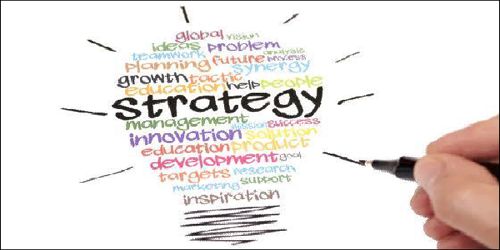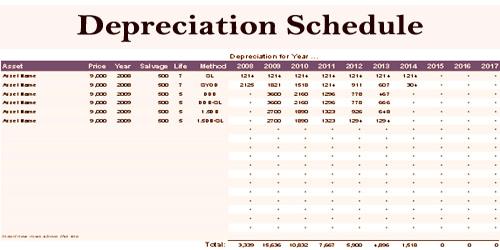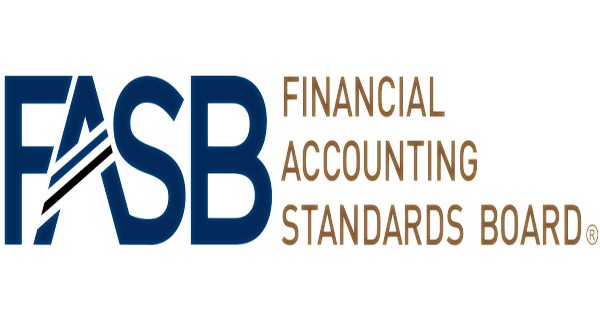Many people know motivation as the driving force behind an action. This is probably the simplest explanation about motivation. Motivation can be considered the state of having encouragement to do something.
Why do people do what they do? Why do we go on everyday, living our lives and trying to find justification for our existence? Some people think that they can find purpose in the things that motivate them. Others just see the motivation and react automatically.
Intrinsic Motivation
Intrinsic motivation means that the individual’s motivational stimuli are coming from within. The individual has the desire to perform a specific task, because its results are in accordance with his belief system or fulfills a desire and therefore importance is attached to it.
Our deep-rooted desires have the highest motivational power. Below are some examples:
- Acceptance: We all need to feel that we, as well as our decisions, are accepted by our co-workers.
- Curiosity: We all have the desire to be in the know.
- Honor: We all need to respect the rules and to be ethical.
- Independence: We all need to feel we are unique.
- Order: We all need to be organized.
- Power: We all have the desire to be able to have influence.
- Social contact: We all need to have some social interactions.
- Social Status: We all have the desire to feel important.
Extrinsic Motivation
Extrinsic motivation means that the individual’s motivational stimuli are coming from outside. In other words, our desires to perform a task are controlled by an outside source. Note that even though the stimuli are coming from outside, the result of performing the task will still be rewarding for the individual performing the task.
Extrinsic motivation is external in nature. The most well-known and the most debated motivation is money. Below are some other examples:
- Employee of the month award
- Benefit package
- Bonuses
- Organized activities
















